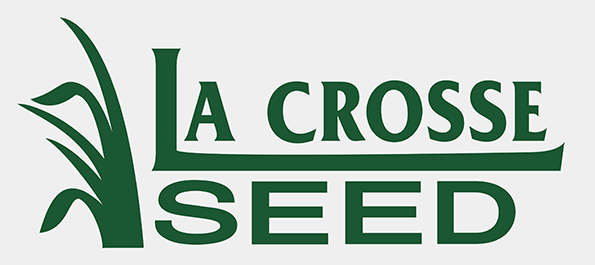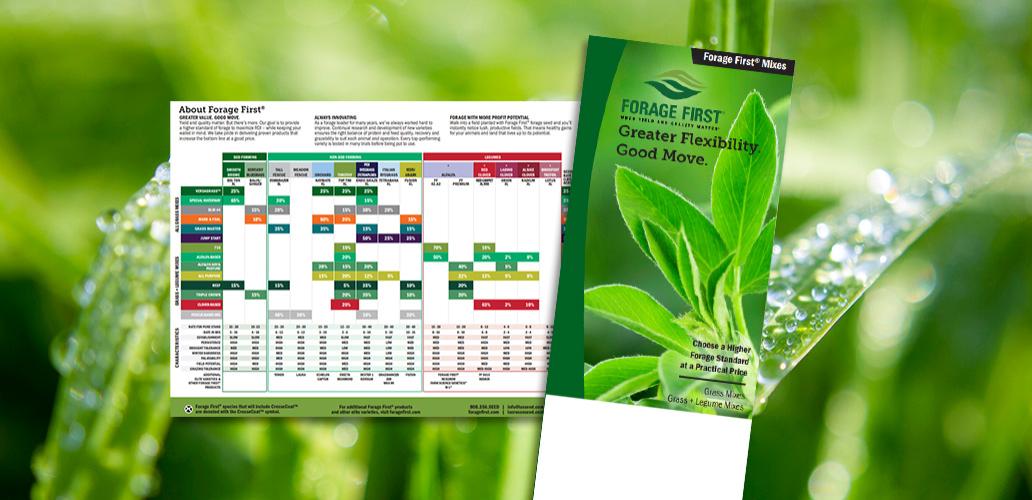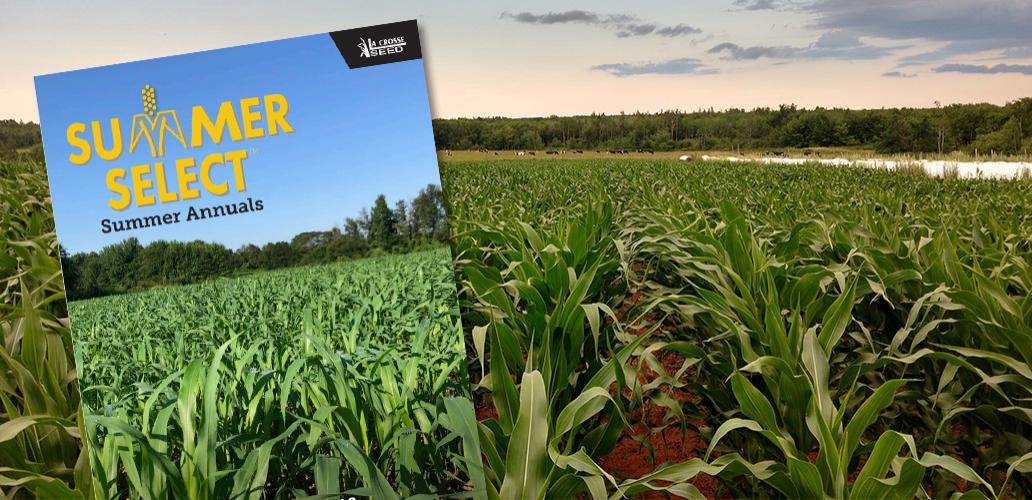Forage First Guide I Summer Select Guide
Greater Value. Good Move. Yield and quality matter. But there’s more. Our goal is to provide a higher standard for forage to maximize ROI– while keeping your wallet in mind. We take pride in delivering proven products that increase the bottom line at a good price.
.png&Width=940&Crop=5&quality=100)
CHARACTERISTICS:
Overview:
Cutting System: 3-5
Fall Dormancy: 4.0
Winter Survival: 2.0
Total DRI: 32/35
Disease & Pest Control:
Phytophthora Root Rot: HR
Verticillium Wilt: R
Anthracnose: HR
Bacterial Wilt: HR
Fusarium Wilt: R
Aphanomyces Race 1: R
Aphanomyces Race 2: MR
Pea Aphid: R
Resistance Ratings:
HR = Highly Resistant, 51% or more resistant plants
R = Resistant, 31 – 50% resistant plants
MR = Moderately Resistant, 15 – 30% resistant plants
LR = Low Resistance, 6 – 14% resistant plants
S = Susceptible, 0 – 5% resistant plants
NR = Not Rated
SEEDING:
Seeding Rate:
Alone (lbs./acre): 15-20
Mixes (lbs./acre): 8-10
Seeds/lb.: 227,000
Depth (in.): 1/4 (fine textured soil); 1/2 (sandy soil)
Planting Time:
Mar.-May; Aug.-Sept.
Emergence (days): 7
Life Cycle: Perennial
Adaptation:
Grows best on deep, well-drained, friable soil with pH 6.5-7.5.
Establishment:
Plant alfalfa seed in clean, smooth, firm seedbed with adequate moisture. Ensure good surface drainage. Do not seed as first crop on newly leveled land where fill may settle and cause poor surface drainage. A combination drill and packer is desirable. Cultipack soil before and after seeding to help stand establishment.
Spring seeding can occur 30 days before last killing frost. Late summer-sown alfalfa seed can also be successful. Allow for adequate growth prior to first killing frost.
MANAGEMENT:
Rotational Grazing:
Graze early bloom (1/4 in. bloom) to 2 in. Potential bloat hazard. Use caution when grazing. Alfalfa best withstands grazing if rotated frequently or grazed in small strips.
Hay or Haylage Harvest:
Cut early bloom; last cutting should be 3-4 wks. before first killing frost.
- A premium blend of winterhardy genetics that work well in many alfalfa growing environments.
- Resistant to most common alfalfa diseases (DRI>30), helping to provide yield protection in all but the most extreme environments.
- Seed has fungicide and inoculants to ensure emergence and seedling growth at establishment.

.png)
.png)


.png)










